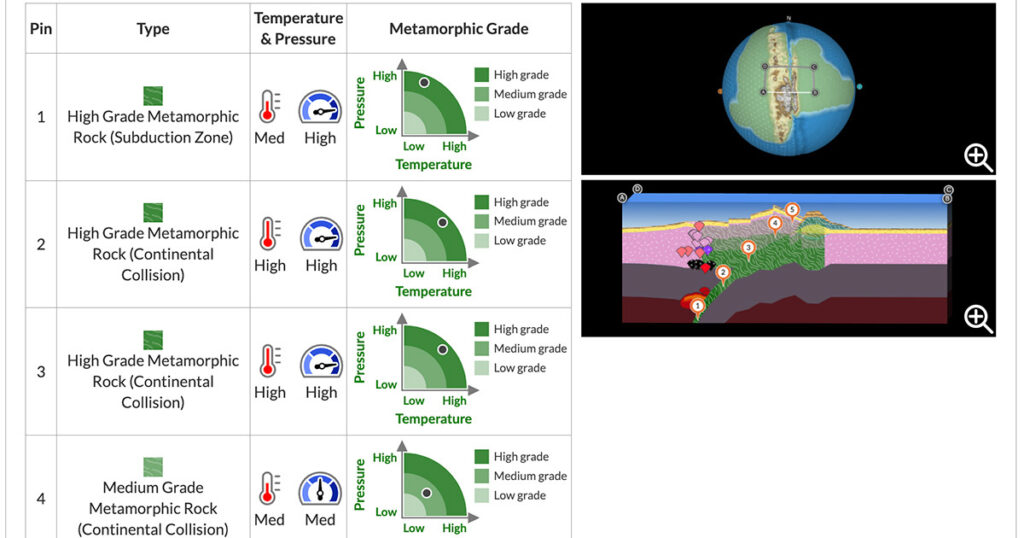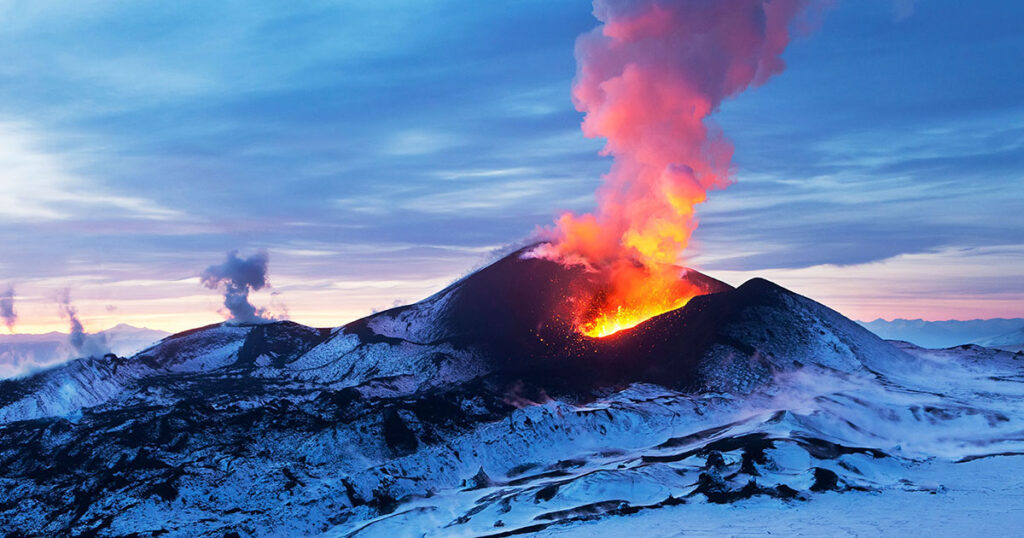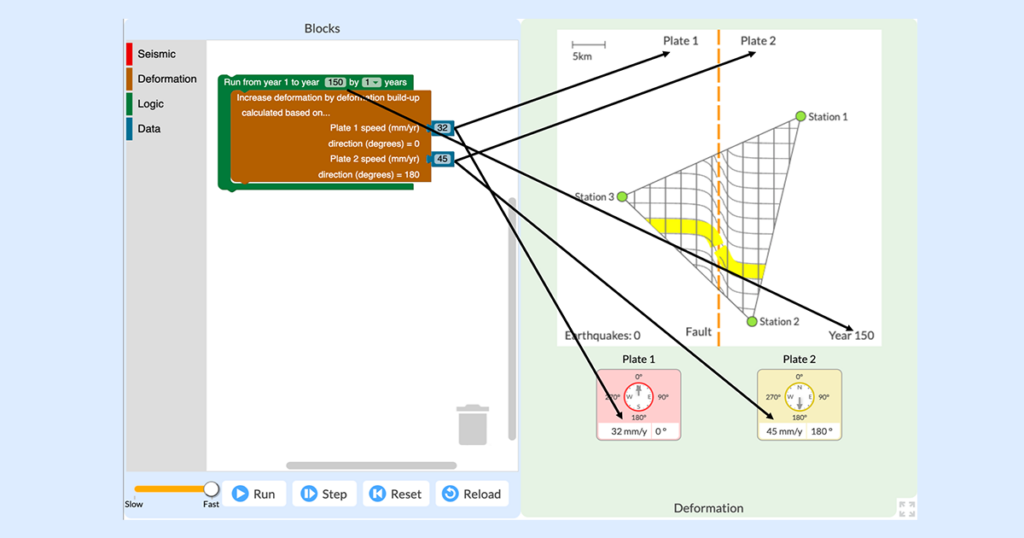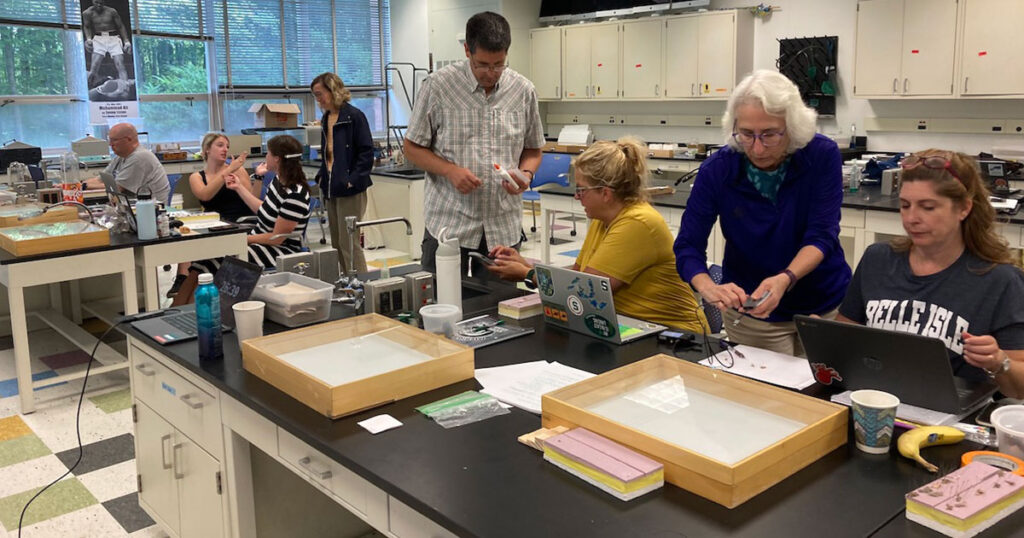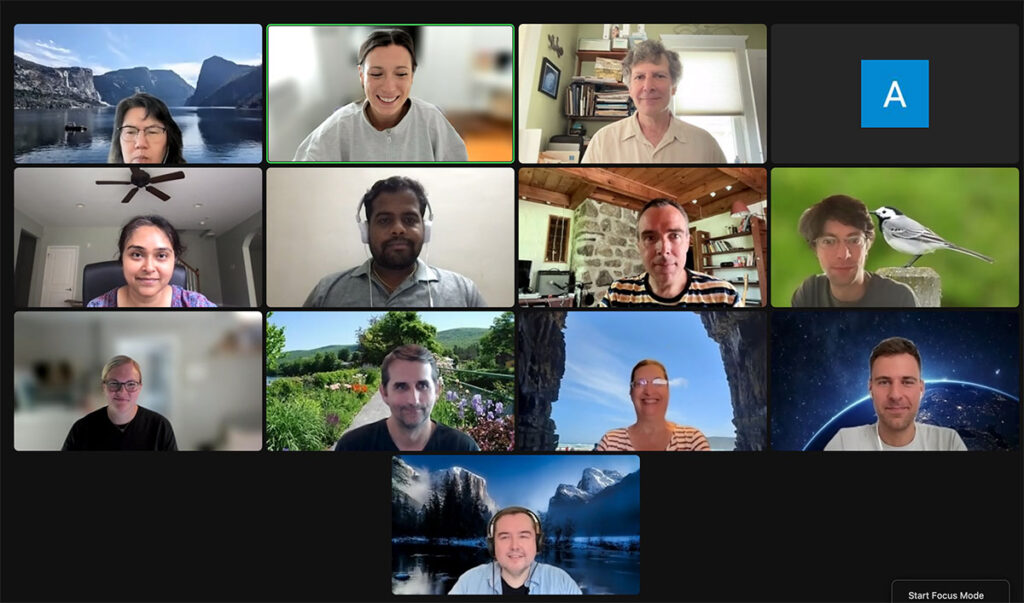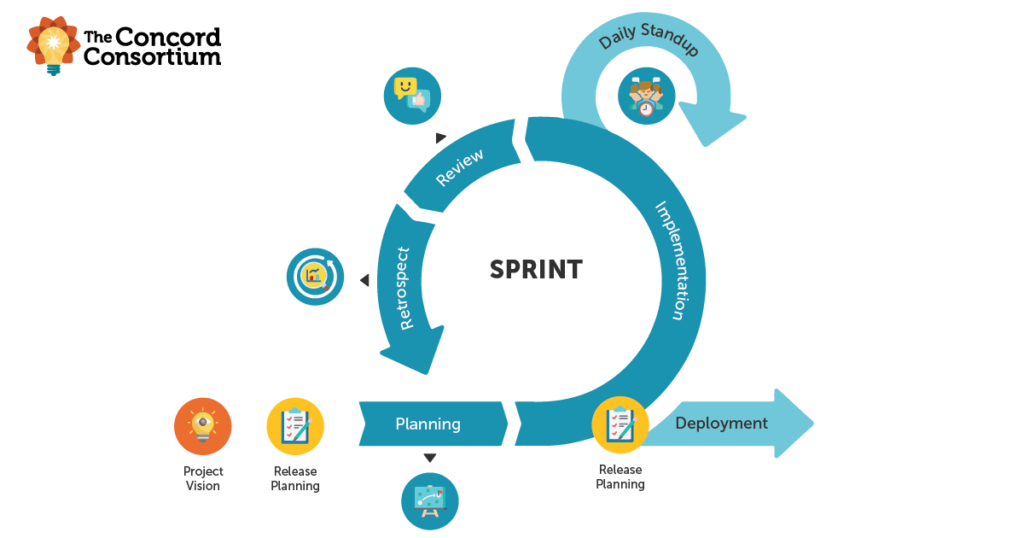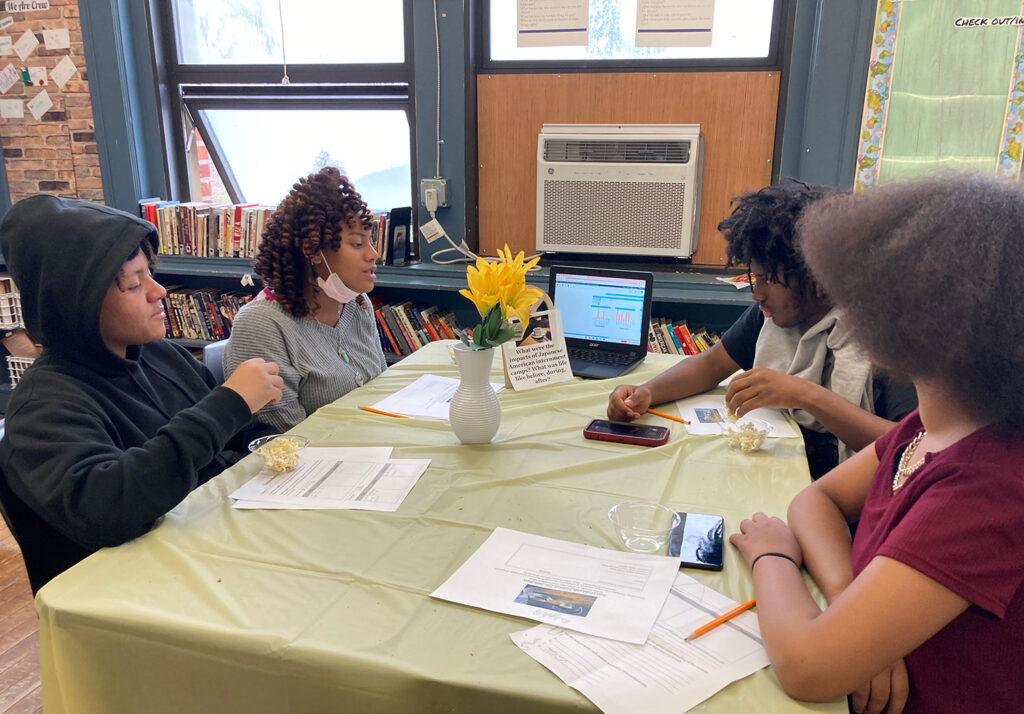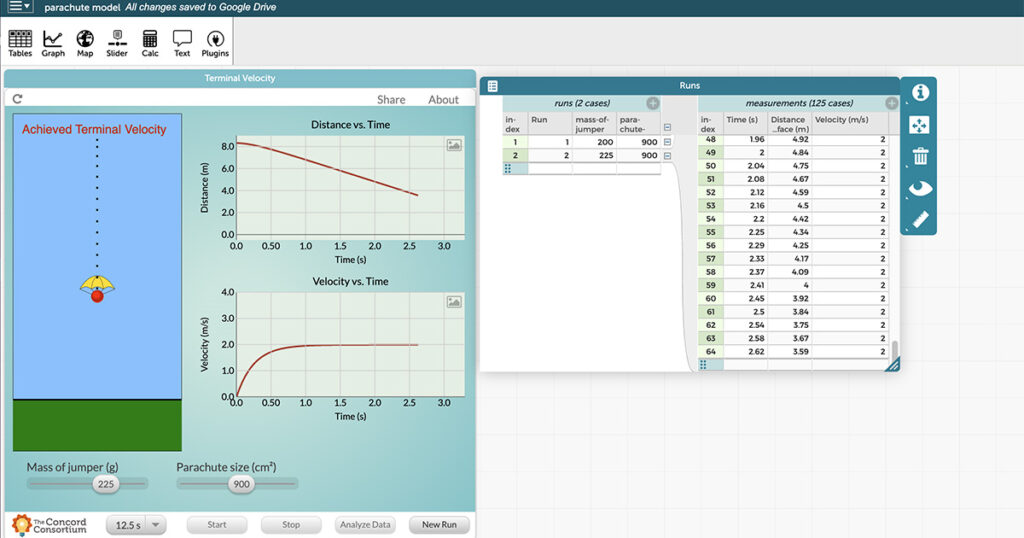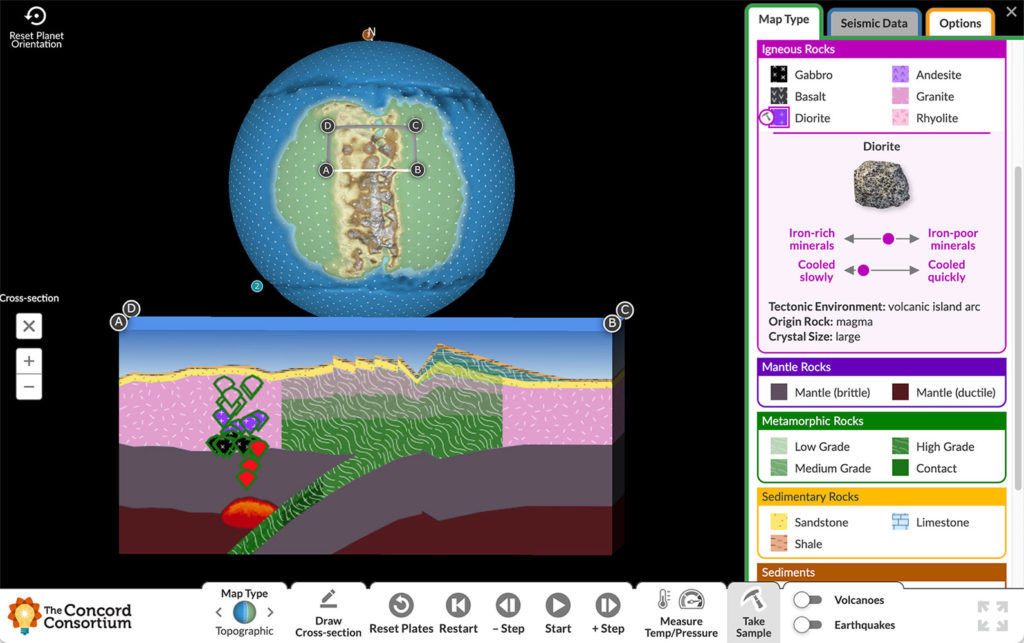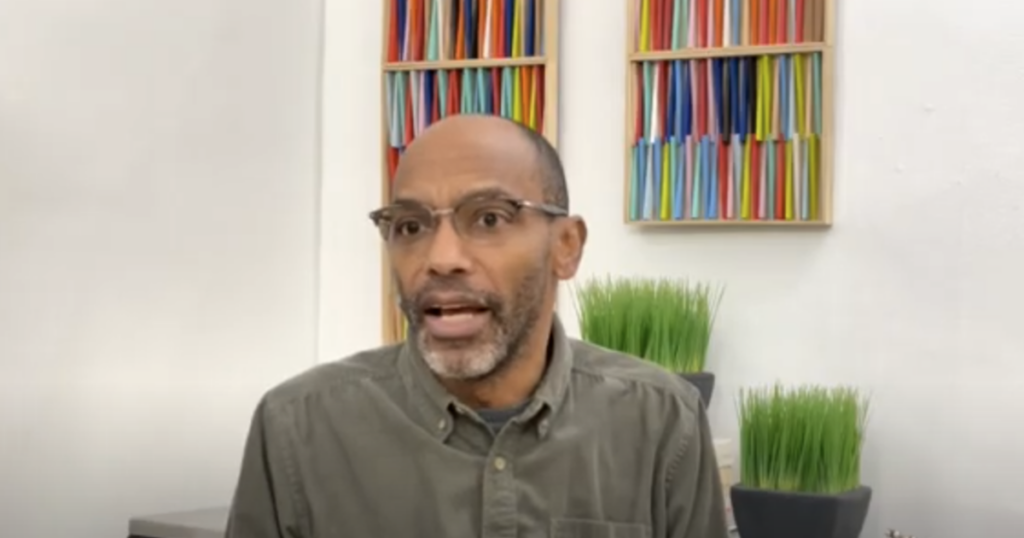Across the Earth, rock is being created, destroyed, and transformed all the time. If you were to witness a volcanic eruption up close, you would see the birth of new rock. While such an eruption results in a dramatic display of Earth’s power, many rock-forming processes are invisible as they take place deep beneath Earth’s […]
Every education project funded by the National Science Foundation (NSF) is subject to flexible yet high expectations for the proposed research. NSF is investing in our ability to develop new technology, new curriculum, and new research that contributes innovative ideas and products to further the field of STEM education. When we are awarded an NSF […]
The everyday work of modern seismologists—the scientists who study earthquakes, hazards, and risks—exists right at the intersection of two NGSS practices: “Analyzing and Interpreting Data” and “Using Mathematics and Computational Thinking.” Seismologists collect huge amounts of data from satellites, remote sensors, and GPS networks in order to monitor Earth’s surface for signs of land movement […]
Moths live around the world. Despite their ubiquity, they haven’t been studied nearly as much as their daytime counterparts, not even by entomologists. Butterflies have gotten most of the attention. The MothEd: Authentic Science for Elementary and Middle School Students project is exploring ways to deepen independent science inquiry learning in young learners using technology […]
Science teacher to Scrum Master may not seem like a natural transition. Indeed, my friends and family wondered about my recent career switch to Scrum Master at the Concord Consortium. Let me explain how I got here. According to Scrum Alliance®, a Scrum Master is “the Scrum team member tasked with fostering an effective and […]
As an organization dedicated to innovating and inspiring equitable, large-scale improvements in STEM teaching and learning through technology, we develop a lot of technology. I mean a lot. Our Scrum approach to technology development is always evolving. We adapt to each research project, team, person, and circumstance to be as efficient and effective as possible. […]
Google “Japanese Internment data” and you’ll find thousands of links. There are sites dedicated to Japanese culture, ancestry, and history, plus government records, university departments, museums, and public television stations with scores of information. There are even sites devoted to finding other sites with links to data. I recently found myself, like Edgar Allan Poe, […]
We are delighted to announce that you can now assign CODAP documents in Google Classroom in the same way you assign Google Docs. Easy peasy! As a teacher, you can create a CODAP document, then assign it to your class so that each student gets their own copy. They can explore a data table or […]
Ambitious Science Teaching now includes a focus on equity and reaching diverse student populations. One principle of the Critical and Cultural Approaches to Ambitious Science Teaching (C2-AST) framework (Thompson et al., 2021) is to situate learning around phenomena that prioritizes students’ communities and cultures, their local environment, and daily experience. While this can be a […]
Orrin Murray is a principal researcher at American Institutes for Research and external evaluator for our TecRocks project. We all come into the world primed to wonder. Curiosity is the internal drive that leads us from exploring our own hands and feet as a newborn to breakthroughs in everything from farming to space exploration. And […]
